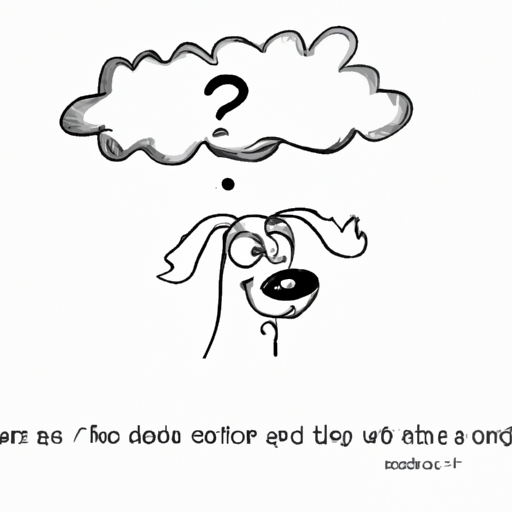When you lean in for a snuggle with your beloved furry friend and you’re met with an unexpected, harsh fishy odor, it can be rather alarming. While it’s no secret that dog breath isn’t exactly minty fresh, a sudden change in scent, particularly to a fishy smell, can be a cause for concern. So, why is your dog’s breath fishy? Let’s dive into the possible causes and what you can do about it.
Table of Contents
- Digestive Issues
- Oral Health Problems
- Anal Gland Problems
- Diet and Eating Habits
- Frequently Asked Questions
Key Takeaways:
– Dog’s fishy breath can be a sign of digestive issues, oral health problems, anal gland problems, or certain types of diet and eating habits.
– Regular dental care and proper diet can help in combating bad breath in dogs.
– If the fishy breath persists or is accompanied by other symptoms, it’s crucial to consult with a veterinarian.
Digestive Issues
Sometimes, the cause of a dog’s fishy breath can be as simple as something they ate. Dogs are known for their adventurous eating habits. If your pup has a propensity for scavenging and has access to fish or fish-based foods, this could be the root cause of the smell.
However, a fishy smell can also indicate digestive issues. This includes problems like acid reflux or gastrointestinal disturbances. The smell can be a result of the food breaking down in the stomach and gases being released. If you suspect your dog might be suffering from digestive issues, it’s wise to consult a veterinarian.
You may find this article on Dog Digestive System Problems quite helpful in understanding potential digestive issues that your dog may be experiencing.
Oral Health Problems
Oral health problems are another common cause of unpleasant breath in dogs. Just like in humans, dogs can suffer from a buildup of plaque and tartar on their teeth, leading to gingivitis and periodontal disease. Not only can this cause bad breath, it can also lead to more serious health issues if left untreated.
Regular dental care is vital for dogs. Brushing your dog’s teeth, providing dental chews, and scheduling professional cleanings can all contribute to better oral health. For more information on dental care for dogs, you can check out this helpful guide from OneTopDog.
Anal Gland Problems
An often overlooked cause of fishy breath in dogs is a problem with their anal glands. These two small glands are located on either side of your dog’s anus and produce a foul-smelling substance. When your dog poops, the pressure causes these glands to release this substance. However, sometimes these glands can become blocked and the substance can end up being ingested by your dog during grooming. This can result in a fishy smell in your dog’s breath.
If your dog is scooting, excessively licking their rear, or showing other signs of discomfort, it could be an anal gland issue. This is a situation where a vet should be consulted.
Diet and Eating Habits
Diet can play a significant role in how a dog’s breath smells. Certain foods might be the root cause of the fishy odor, especially if your dog’s diet includes a lot of fish-based products.
Moreover, some dogs have a habit of eating feces (a behavior known as coprophagia), which can certainly lead to bad breath. While this behavior can be normal in dogs, if it becomes excessive, it might be worth a vet visit to rule out any underlying health issues.
For more information about dog’s diet and eating habits, you can visit OneTopDog.
Frequently Asked Questions
-
Can bad breath in dogs be a sign of an underlying health issue?
Yes, persistent bad breath can be a sign of oral health issues, digestive problems, or even kidney disease. If your dog’s bad breath persists, it’s best to consult a vet. -
How often should I brush my dog’s teeth?
Ideally, you should brush your dog’s teeth daily. However, even a few times a week can be beneficial. -
Can certain foods cause bad breath in dogs?
Yes, certain foods, especially those that are high in fish or meat content, can cause bad breath in dogs. -
What can I give my dog for bad breath?
There are several over-the-counter products available, like dental chews, water additives, and breath-freshening treats. However, these should not replace regular dental care.
In conclusion, while a sudden fishy smell from your dog’s breath can certainly be off-putting, it’s usually an indicator of a manageable issue, like diet or oral health. Regular dental care and a balanced diet can go a long way in preventing stinky breath. However, if the smell persists or is accompanied by other symptoms, it’s important to consult with a veterinarian. Remember, your dog’s health and comfort are always a priority. For more dog health tips, feel free to explore more articles on OneTopDog.



